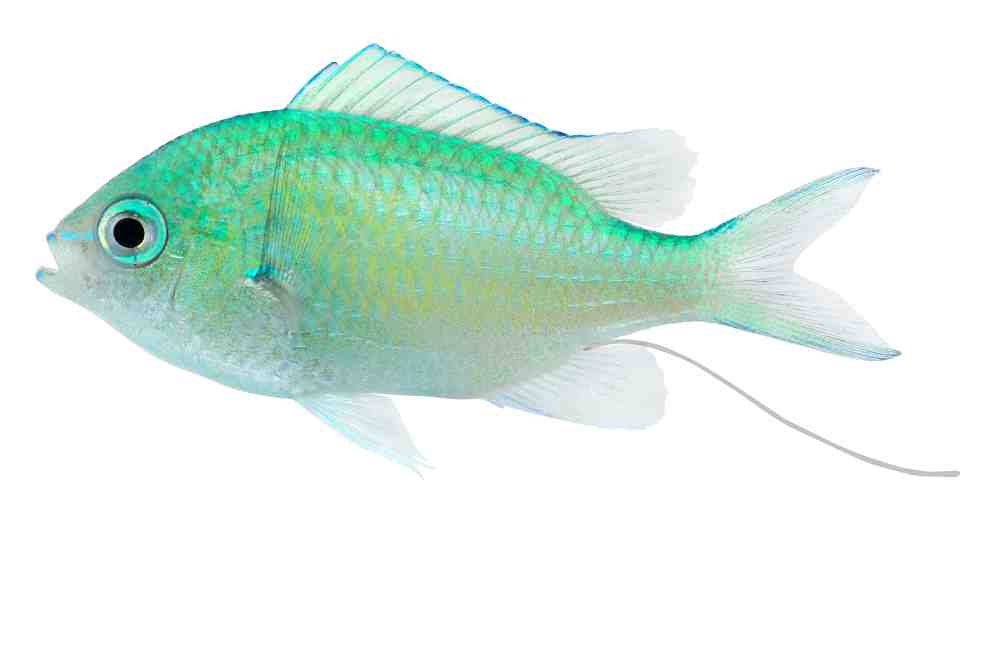Did you know that fish can get constipated too? Just like humans, fish can get backed up when they eat too much or don’t consume enough fiber. This can cause them to become sluggish and may eventually lead to death.
If your fish are already constipated, you can try giving them a laxative made from brine shrimp or pumpkin seeds. If that doesn’t work, you may need to take them to the veterinarian for treatment.

Causes of Fish Constipation
Fish constipation can be caused by a variety of factors, including:
Overfeeding: Fish that are fed too much can become constipated.
Inadequate water quality: Poor water quality can lead to constipation in fish.
Lack of fiber in diet: Fish need a diet that contains enough fiber to help regulate their digestion.
Parasites or infections: Parasites or infections can cause blockages in the fish’s digestive tract and lead to constipation.
Stress: Stress can disrupt the fish’s normal digestion and lead to constipation.
Certain medical conditions: Some medical conditions, such as tumors or cysts, can cause constipation in fish.
Fish Constipation Signs & Symptoms
The signs and symptoms of fish constipation can include:
Lack of bowel movement: Fish that are constipated may not produce feces or may produce very small amounts of feces.
Bloating: Fish that are constipated may appear bloated or swollen.
Loss of appetite: Fish that are constipated may lose their appetite and stop eating.
Lethargy: Constipated fish may become less active and less engaged in their normal behaviors.
Swim bladder issues: Constipation can cause the swim bladder to be affected which can affect the fish’s ability to swim normally.
Discoloration: Fish with constipation may have a pale or yellow appearance in their belly.
Vents protrusion : Protrusion of the vent, also known as rectal prolapse, can be a sign of constipation in fish.
Fish Constipation Treatment | How to Cure Fish Constipation
Treatment for fish constipation will depend on the underlying cause of the condition. Here are some general treatment options for fish constipation:
Reduce feeding: Overfeeding is a common cause of constipation in fish. Reduce the amount of food given to the fish and ensure that they are being fed the appropriate diet.
Improve water quality: Poor water quality can lead to constipation in fish. Test the water and make sure it is within the appropriate range for pH, temperature, and other parameters.
Increase fiber in the diet: Fish need a diet that contains enough fiber to help regulate their digestion. Offer them high-fiber food such as peas, spinach or lettuce.
Medicate: If parasites or infections are causing constipation, then medication may be necessary to clear up the issue.
Lower stress: Stress can disrupt the fish’s normal digestion and lead to constipation. Ensure the fish are kept in a suitable environment, with adequate space and hiding places.
Surgery: In some cases, surgery may be necessary to remove tumors or cysts that are causing constipation.
Enemas: Enemas can be done by using a syringe to gently flush water in the rectal area which can help push out the blockage.
How to Avoid Fish Constipation
There are a few things you can do to help your fish avoid constipation. One is to feed them a variety of foods, including both live and frozen prey. You should also make sure they have plenty of fiber in their diet, either through plant-based food or supplements.
Aquarium Fish Constipation
Betta Fish Constipation
Betta fish, also known as Siamese fighting fish, can be susceptible to constipation.
The symptoms of constipation in betta fish can be similar to those in other fish, such as bloating, lack of bowel movement, loss of appetite, and lethargy.
Other symptoms specific to betta fish include a distended belly, and the fish may have difficulty swimming or floating.
The treatment options for betta fish constipation are similar to those for other fish.
Goldfish Constipation
Goldfish, like other fish species, can also develop constipation. The symptoms of constipation in goldfish can include bloating, lack of bowel movement, loss of appetite, lethargy, distended belly, and difficulty swimming.
